Pop Culture and Sports Dynamic Dance
Dynamic Dance of Pop Culture and Sports
Pop Culture and Sports
In today’s world, the lines between pop culture and sports are increasingly blurred. These two realms, once distinct, now engage in a dynamic dance that influences and shapes society in profound ways. From fashion trends to social movements, the interaction between pop culture and sports is a fascinating phenomenon worth exploring.
The Rise of Athlete Celebrities
Athletes are no longer just sports figures; they are global icons. Figures like Serena Williams, LeBron James, and Naomi Osaka transcend their sports, becoming influential voices in fashion, activism, and entertainment. Their social media presence allows them to connect with fans on a personal level, sharing glimpses of their lives off the field and court. This accessibility has turned athletes into celebrities, blurring the lines between sports and pop culture.
Fashion and Sports – A Symbiotic Relationship
The relationship between fashion and sports is a testament to their intertwined nature. Athletes often set fashion trends, whether it’s Michael Jordan’s iconic Air Jordans or the athleisure wear popularized by stars like Cristiano Ronaldo. Sports brands collaborate with fashion designers to create limited-edition collections, further cementing the bond between these two worlds. The result is a cultural exchange that influences both industries, making sportswear a staple in everyday fashion.
Music and Sports
Music and sports have always shared a special connection. From the anthems that pump up players before a game to the halftime shows that captivate millions, music is an integral part of the sports experience. Athletes often venture into the music industry, releasing tracks and collaborating with artists. This crossover not only broadens their appeal but also enriches the cultural landscape, creating a fusion of sounds and styles that resonate with diverse audiences.
Social Movements and Athlete Activism
In recent years, athletes have become powerful advocates for social change. They use their platforms to raise awareness about important issues, from racial injustice to mental health. The Black Lives Matter movement, for instance, saw widespread support from the sports community, with athletes taking a knee during national anthems and wearing symbolic attire. This activism highlights the role of sports in shaping societal values and driving cultural conversations.
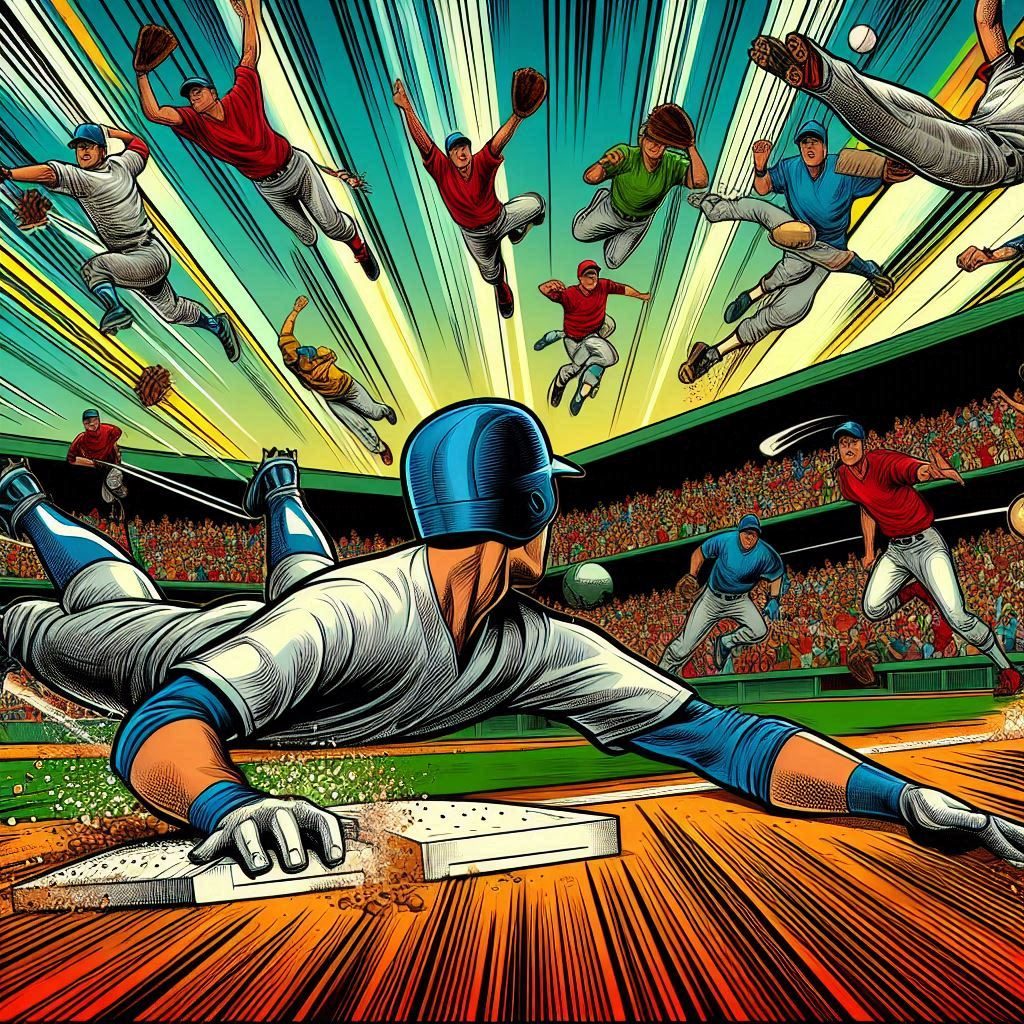
The Influence of Pop Culture on Sports
Pop culture also leaves its mark on sports. Movies, TV shows, and video games often depict sports in ways that shape public perception. Iconic films like “Rocky” and “Space Jam” have left lasting legacies, inspiring generations of athletes and fans alike. Video games like FIFA and NBA 2K bring the excitement of sports to a global audience, allowing fans to engage with their favorite sports in new and interactive ways.
The Evolution of Pop Culture and Sports
The relationship between pop culture and sports has undergone significant transformations over the decades. From the early days of radio broadcasts to the era of social media influencers, the dynamic between these two realms has continually evolved, reflecting broader societal changes.
The Early Days In Radio and Print Media
In the early 20th century, sports were primarily consumed through radio broadcasts and print media. Iconic moments, such as Jesse Owens’ triumph at the 1936 Berlin Olympics, were shared through newspapers and radio, capturing the public’s imagination. Athletes were celebrated for their achievements, but their influence was largely confined to the sports world.
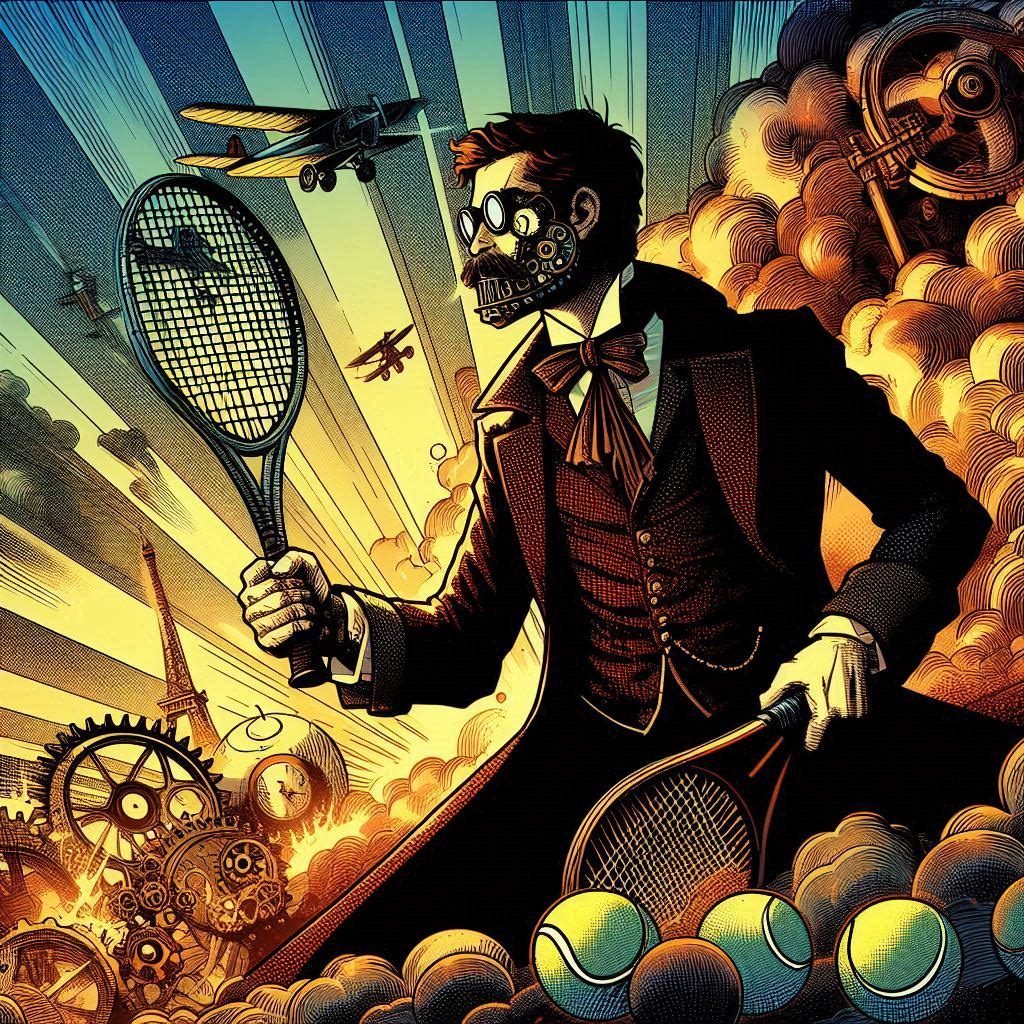
The Golden Age of Television
The advent of television in the mid-20th century revolutionized the way sports were consumed. Events like the 1960 Rome Olympics and the 1970 FIFA World Cup were broadcast to millions of viewers, making sports a central part of popular culture. Athletes like Muhammad Ali and Pelé became household names, their charisma and talent transcending the sports arena. This era marked the beginning of athletes as cultural icons.
The Rise of Sponsorships and Endorsements
The 1980s and 1990s saw the rise of sponsorships and endorsements, further intertwining sports and pop culture. Athletes like Michael Jordan and David Beckham became global brand ambassadors, their influence extending beyond sports. The iconic “Be Like Mike” campaign and Beckham’s fashion ventures exemplified how athletes could shape trends and consumer behavior. This period also saw the emergence of sports-themed movies and music, further cementing the bond between these two worlds.
The Digital Age – Social Media and Global Connectivity
The 21st century brought about the digital age, transforming the interaction between pop culture and sports. Social media platforms like Instagram, Twitter, and TikTok allowed athletes to connect directly with fans, sharing their lives and opinions in real-time. This accessibility turned athletes into influencers, with the power to shape public discourse and trends. The rise of eSports and virtual sports experiences also expanded the definition of sports, blending gaming culture with traditional sports.
The Era of Athlete Activism
In recent years, the role of athletes as activists has become more pronounced. Social media has provided a platform for athletes to speak out on social and political issues, from Colin Kaepernick’s protest against racial injustice to Megan Rapinoe’s advocacy for LGBTQ+ rights. This era has seen athletes using their influence to drive social change, reflecting a broader shift towards activism in pop culture.
The Future of Pop Culture and Sports
As we look to the future, the interaction between pop culture and sports is poised to undergo even more exciting transformations. Technological advancements, shifting societal values, and the ever-evolving landscape of entertainment will continue to shape this dynamic relationship.
The Rise of Virtual and Augmented Reality
Virtual and augmented reality (VR and AR) technologies are set to revolutionize the way we experience sports. Imagine watching a live game from the comfort of your home, but feeling as if you’re right there in the stadium. VR and AR will provide immersive experiences, allowing fans to engage with their favorite sports in unprecedented ways. This technology will also enable athletes to train and compete in virtual environments, pushing the boundaries of performance and entertainment.
The Integration of AI and Data Analytics
Artificial intelligence (AI) and data analytics will play a significant role in the future of sports. From personalized training programs to real-time game analysis, AI will enhance both athlete performance and fan engagement. Predictive analytics will allow teams to make data-driven decisions, while AI-powered platforms will offer fans tailored content and interactive experiences. This integration will create a more connected and informed sports culture.
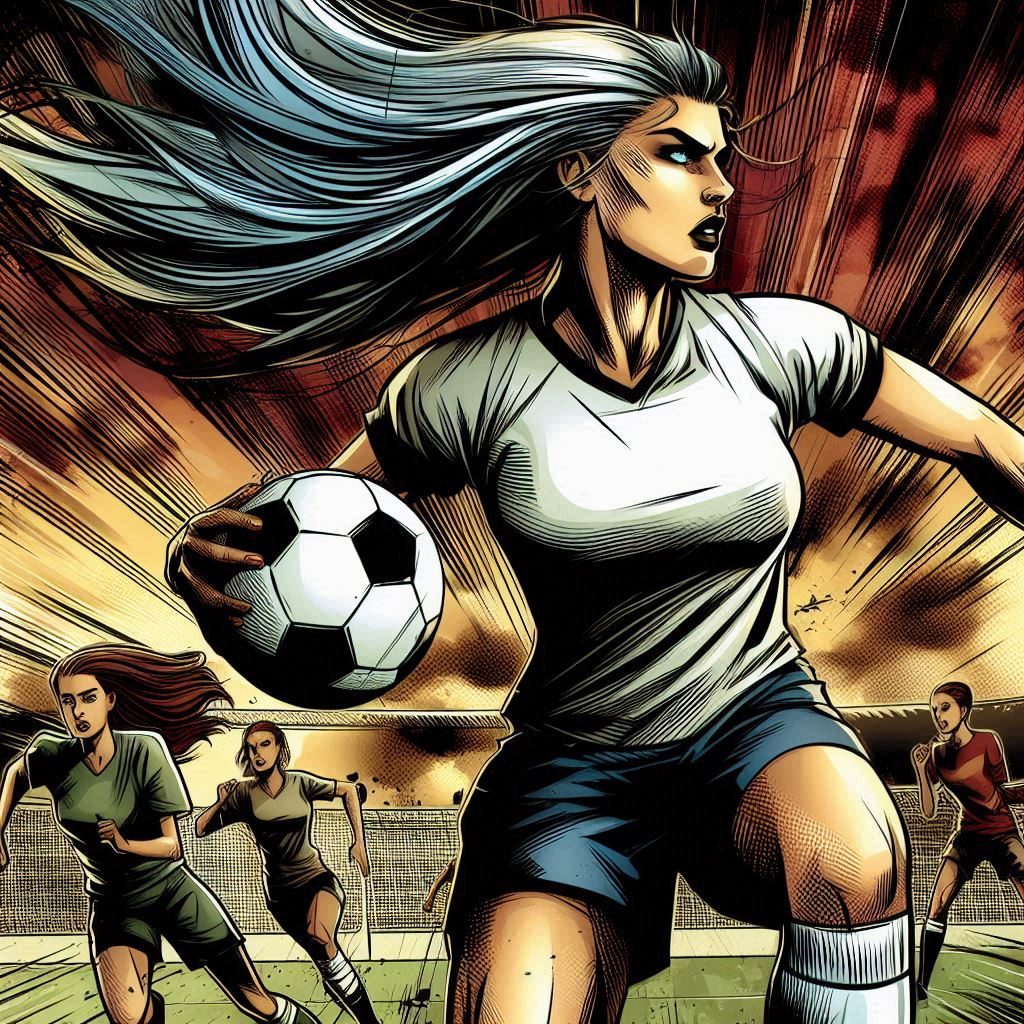
The Continued Influence of Social Media
Social media will remain a powerful tool for athletes and sports organizations. As platforms evolve, athletes will find new ways to connect with fans, share their stories, and advocate for causes they believe in. The rise of short-form video content, live streaming, and interactive features will keep fans engaged and invested in their favorite sports and athletes. Social media will also continue to amplify the voices of athletes, allowing them to drive social change and influence pop culture.
The Emergence of New Sports and Entertainment Hybrids
The future will see the emergence of new sports and entertainment hybrids that blend traditional sports with elements of gaming, music, and performance art. eSports, for example, will continue to grow in popularity, attracting diverse audiences and creating new opportunities for collaboration between athletes, gamers, and entertainers. These hybrids will redefine what it means to be a sports fan, offering unique and multifaceted experiences.
The Impact of Globalization
Globalization will further blur the lines between pop culture and sports. As sports become more accessible to international audiences, cultural exchange will flourish. Athletes from diverse backgrounds will bring their unique perspectives and styles to the global stage, enriching the sports landscape. This cultural fusion will create a more inclusive and interconnected sports community, reflecting the diversity of our world.
Join the Discussion
We’d love to hear your thoughts on the dynamic relationship between pop culture and sports! How do you see this interaction evolving in the future? Are there any specific athletes or moments that have stood out to you as cultural milestones?
Whether you’re a sports enthusiast, a pop culture aficionado, or simply curious about the intersection of these two worlds, your perspective is valuable. Let’s explore this fascinating topic together and celebrate the ever-evolving dance between pop culture and sports!
#PopCulture #Sports #AthleteCelebrities #FashionAndSports #MusicAndSports #AthleteActivism #SocialMovements #VirtualReality #AugmentedReality #AIInSports #DataAnalytics #SocialMedia #eSports #Globalization #CulturalExchange #FutureOfSports #SportsInfluencers #SportsFashion #SportsMusic #SportsHistory #SportsEvolution #SportsTechnology #SportsCommunity #SportsFans #SportsCulture #SportsEntertainment #SportsInnovation #SportsTrends #SportsIcons #SportsBlog
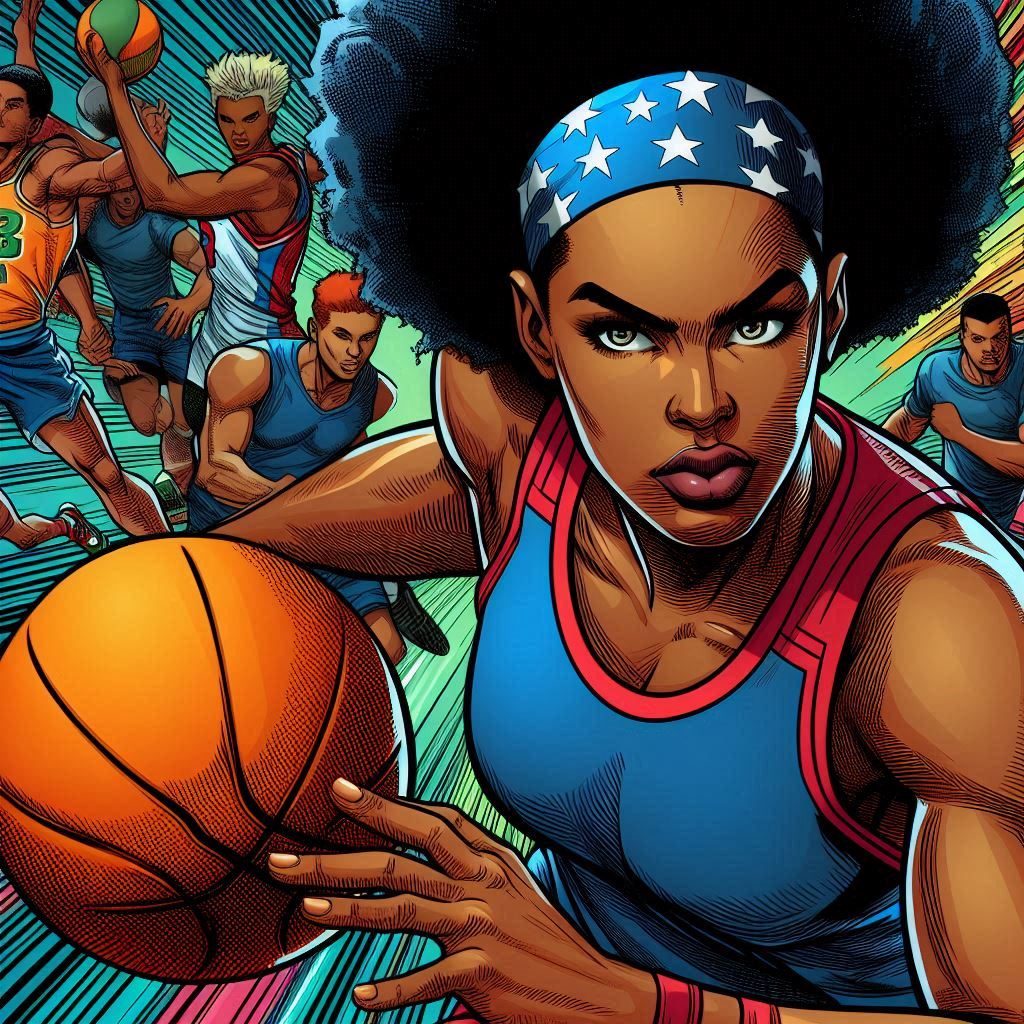


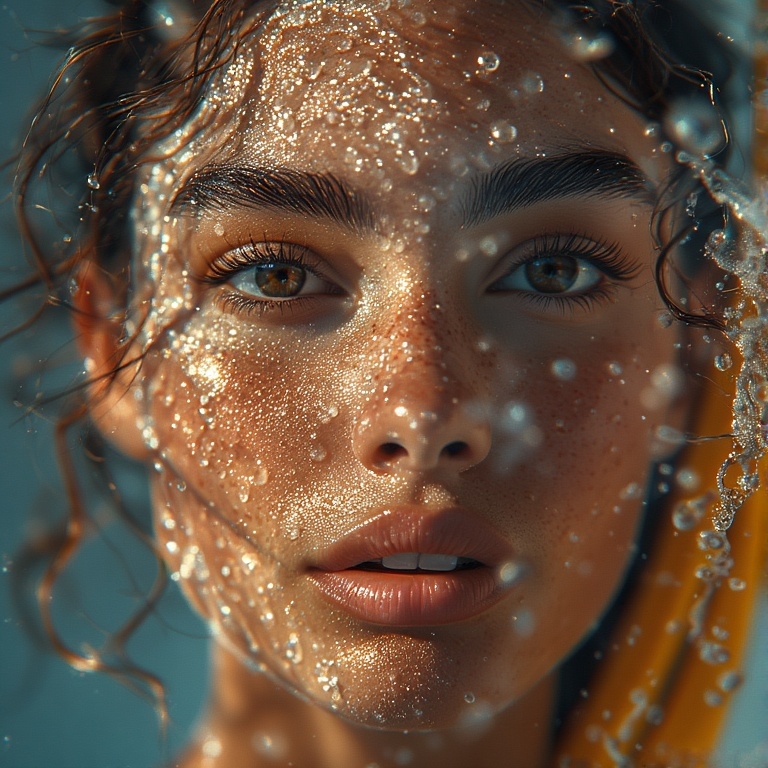

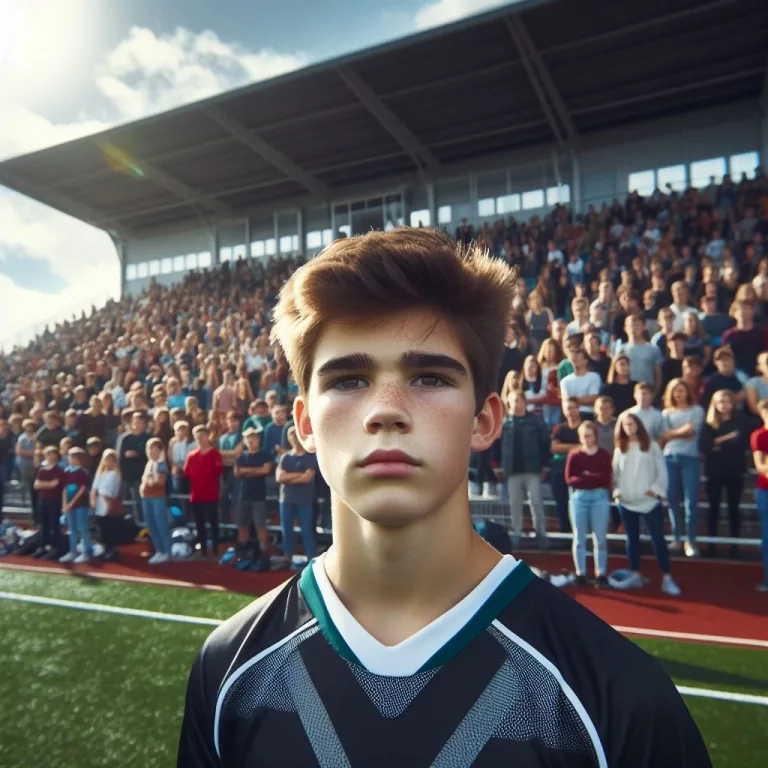
I reckon something genuinely interesting about your weblog so I saved to favorites.
This blog is definitely rather handy since I’m at the moment creating an internet floral website – although I am only starting out therefore it’s really fairly small, nothing like this site. Can link to a few of the posts here as they are quite. Thanks much. Zoey Olsen